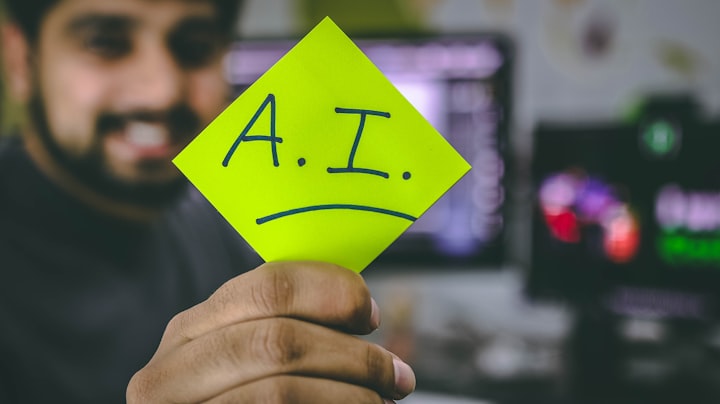Artificial Intelligence
The impact of artificial intelligence in the society

Artificial Intelligence (AI) is rapidly transforming various aspects of our society, from the way we work and communicate to how we access information and make decisions. As AI technologies continue to advance, their impact on society becomes more profound and far-reaching. In this article, we will explore the significant ways in which AI is shaping our world and the potential benefits and challenges it presents.
1. Automation and the Workforce
One of the most visible impacts of AI is automation. AI-powered machines and algorithms are increasingly performing tasks previously carried out by humans. This includes routine jobs in manufacturing, customer service, and data analysis. While automation can improve efficiency and reduce costs for businesses, it also raises concerns about job displacement. The need for reskilling and upskilling the workforce to adapt to these changes is becoming critical.
2. Healthcare and Diagnostics
AI is revolutionizing the field of healthcare by enhancing diagnostics, treatment, and patient care. Machine learning algorithms can analyze vast amounts of medical data to identify patterns and make accurate predictions. For example, AI can help radiologists detect cancerous tumors in medical images with higher accuracy. Additionally, chatbots and virtual assistants are improving patient engagement and providing healthcare information.
3. Education and Personalized Learning
AI-driven educational tools are enabling personalized learning experiences for students. These systems can adapt to individual students' needs, providing tailored lessons and feedback. AI-powered language learning apps, for instance, can adapt to a learner's proficiency level and learning pace, making education more effective and accessible.
4. Natural Language Processing (NLP) and Communication
NLP technology is transforming the way we communicate and interact with machines. Virtual assistants like Siri, Google Assistant, and Alexa use NLP to understand and respond to human speech. This technology also enables the development of chatbots for customer support, language translation apps, and more.
5. Data Analysis and Decision-Making
AI has the ability to process and analyze vast amounts of data quickly and accurately. This capability is invaluable for businesses and governments in making data-driven decisions. AI can identify trends, forecast outcomes, and provide valuable insights that humans might overlook.
6. Transportation and Autonomous Vehicles
AI is paving the way for autonomous vehicles, which have the potential to revolutionize transportation. Self-driving cars are equipped with sensors and AI algorithms that allow them to navigate and make decisions in real-time. This technology has the potential to reduce accidents, congestion, and energy consumption.
7. Ethical and Social Implications
While AI offers numerous benefits, it also raises ethical and social concerns. Privacy is a major concern, as AI systems often rely on collecting and analyzing personal data. Bias in AI algorithms, which can perpetuate discrimination and inequality, is another significant issue. Ensuring transparency, fairness, and accountability in AI systems is an ongoing challenge.
8. The Future of Work
The integration of AI into the workforce is reshaping the nature of work itself. Many tasks that were once performed exclusively by humans are now being augmented by AI. This shift is driving the demand for skills related to AI, data analysis, and problem-solving. Additionally, the gig economy and remote work are becoming more prevalent, thanks in part to AI technologies that enable remote collaboration.
9. Sustainability and Environmental Impact
AI can contribute to sustainability efforts by optimizing energy consumption, resource allocation, and waste reduction. Smart grids and energy management systems use AI to improve the efficiency of energy distribution. AI can also assist in monitoring and mitigating environmental issues such as deforestation, climate change, and pollution.
10. Healthcare and Predictive Analytics
Predictive analytics powered by AI can help healthcare providers anticipate disease outbreaks, patient needs, and resource allocation. These insights are crucial for improving healthcare outcomes and managing healthcare systems efficiently.
In conclusion, AI is profoundly impacting our society in diverse ways, from transforming industries and the workforce to revolutionizing healthcare and education. While there are significant benefits to be gained, such as improved efficiency and innovation, there are also challenges related to ethics, privacy, and job displacement that must be addressed. As AI continues to evolve, it is essential that we strike a balance between harnessing its potential and ensuring it benefits all members of society. Responsible development and ethical use of AI technologies will play a critical role in shaping our future.
About the Creator
Mark Moses
For necessity is laid on me to help ease life’s physical, emotional and mental problems.






Comments (1)
Very interesting! Great job!